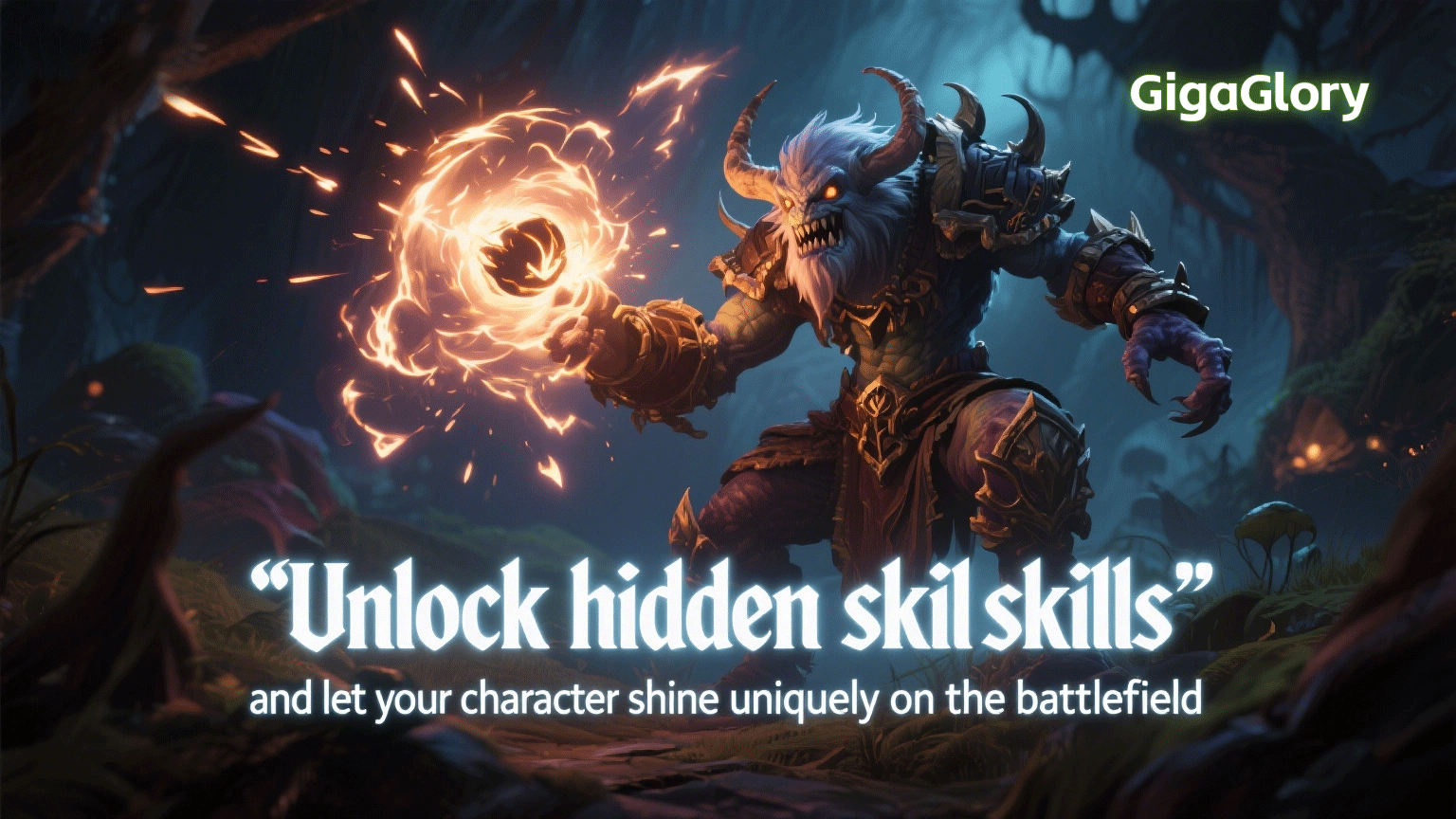How Idle Games Are Revolutionizing Educational Games for Learning and Engagement
In recent years, the gaming ecosystem has undergone a transformation, with idle games stepping into the spotlight as both a source of entertainment and a means for effective learning. These games, known for their simple mechanics and addictive gameplay, have found a new role in educational settings. This article explores how idle games are reshaping educational games, drawing parallels with popular titles such as Clash of Clans and trending experiences like Roblox's top RPG games.
The Rise of Idle Games in Education
Idle games, or incremental games, are designed around minimal player interaction and gradual progress. Players often find joy in watching their resources accumulate over time while engaging in light strategic decision-making. The parallels between idle games and traditional educational games are becoming increasingly evident:
- Minimal stress: Players can learn at their own pace.
- Engaging mechanics: Allowing players to enjoy a sense of achievement without overwhelming challenges.
- Passive rewards: Encouraging prolonged engagement with educational content through gradual rewards.
Benefits of Idle Games for Learning
Including idle games in educational settings comes with multiple advantages:
| Benefit | Description |
|---|---|
| Inspiration | Idle games inspire students to explore complex topics in a fun environment. |
| Engagement | They maintain student interest through rewards and progression systems. |
| Adaptability | Content can be tailored to various educational levels, making learning accessible. |
How They Foster Skills
Idle games encourage the development of various skills, from time management to strategic thinking. By engaging with these games, learners practice:
- **Planning**: Setting long-term goals to maximize resource gathering.
- **Critical thinking**: Analyzing situations and determining the best course of action.
- **Perseverance**: Understanding that consistent effort leads to gradual improvement.
Examples of Educational Idle Games
Several idle games have successfully integrated educational content, serving as great examples of this trend:
- AdVenture Capitalist: Teaches economics and resource management.
- Egg, Inc.: Introduces concepts of agricultural production and business growth.
- Realm Grinder: Offers lessons on strategy and critical thinking.
Challenges and Considerations
Though they hold promise, there are challenges to consider when incorporating idle games into educational curricula. The focus on passive learning can be counterproductive if not balanced with interactive and immersive experiences. Some potential drawbacks include:
- **Over-Simplification**: Important concepts might be lost in an effort to make games fun.
- **Distractions**: Gameplay might shift the focus away from actual learning objectives.
- **Equity Issues**: Not all students have the same level of access to technology.
The Future of Idle Games in Education
As educational games evolve, one can expect significant innovations in how idle games can contribute to learning outcomes. Collaborations between game developers and educators pave the way for more engaging experiences.
Conclusion
Idle games are not just a trend; they present a unique opportunity for educators to foster learning in a captivating manner. By embracing their mechanics, educators can create enriching pathways for students to learn. Whether through strategic thinking found in Clash of Clans gameplay or community-building aspects seen in Roblox, idle games represent a valuable asset to the evolving landscape of educational games.



